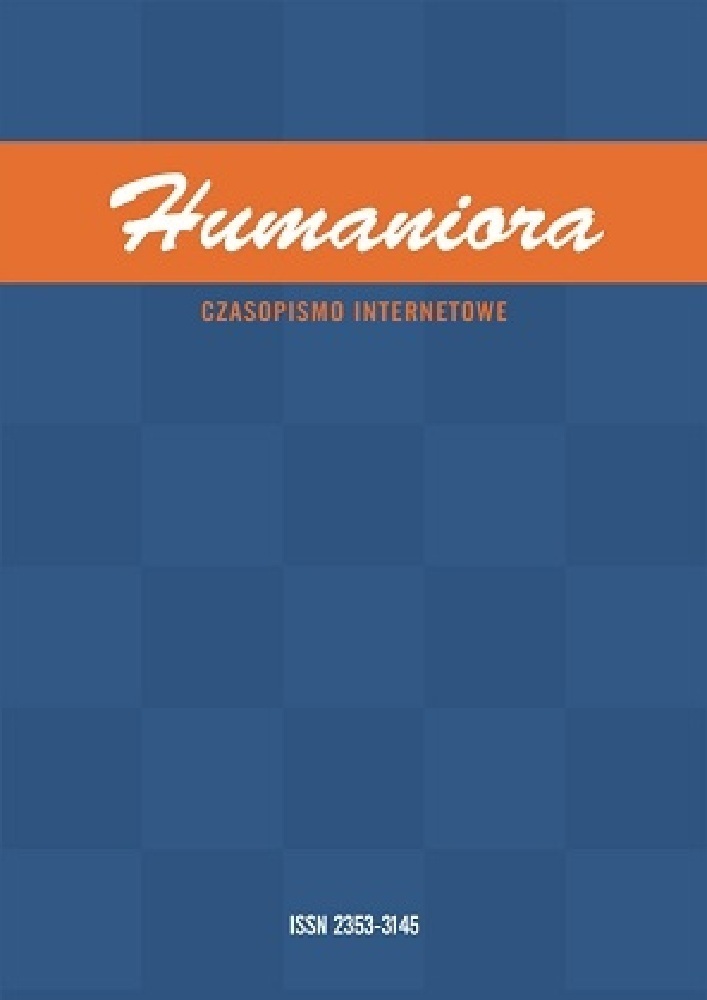O „deonotologicznych” i „utylitarnych” decyzjach w dylematach etycznych opartych na „dylemacie wagonika” (the Trolley Problem)
On ”deontological” and ”utilitarian” decisions in ethical dillemmas based on the Trolley Problem
Author(s): Joanna Dzionek-Kozłowska, Adrian Korkus, Kacper SzpotańskiSubject(s): Ethics / Practical Philosophy
Published by: Uniwersytet Adama Mickiewicza
Keywords: Trolley Problem; moral judgements; deontology; utilitarianism; empirical research;
Summary/Abstract: Ethical dilemmas facing respondents with a choice between sacrificing the lives of a smaller number of people to save a larger number, formulated in correspondence to the famous Trolley Problem, have been of enduring interest almost since the Philippa Foot’s presentation of the canonical version of this problem. In more recent literature, and especially in publications reporting the results of empirical research, decisions of answerers declaring abstention from taking action that would result in saving a larger group of potential victims at the cost of sacrificing the lives of fewer people have come to be referred to as “deontological” choices. On the other hand, declarations of readiness to take such actions are referred to as “utilitarian” or (less frequently) “consequentialist” choices. The aim of the article is to demonstrate the shortcomings of using the aforementioned labels. The argumentation is supported by empirical material collected in the years 2020–2022 among students of the University of Łódź (N = 302). The analysis of justifications explaining the motives behind both types of decisions left by the respondents shows that in numerous cases, “deontological” decisions, that is, passive decisions, actually stemmed from premises much closer to consequentialist ethics than deontological attitudes. Similarly, active behaviour was not always the outcome of utilitarian motives. The results of our research clearly indicate that the dominant, simplified perception of these choices in the literature leads to a distorted picture of the moral attitudes of respondents, thus posing the danger of drawing false conclusions. We claim that distinguishing between attitudes adopted by respondents in dilemmas based on the Trolley Problem should not refer to ethical doctrines. Instead, judging the moral attitudes of respondents requires an analysis of the motives behind the decisions they make at the very least.
Journal: Humaniora. Czasopismo Internetowe
- Issue Year: 46/2024
- Issue No: 2
- Page Range: 55-68
- Page Count: 14
- Language: Polish

